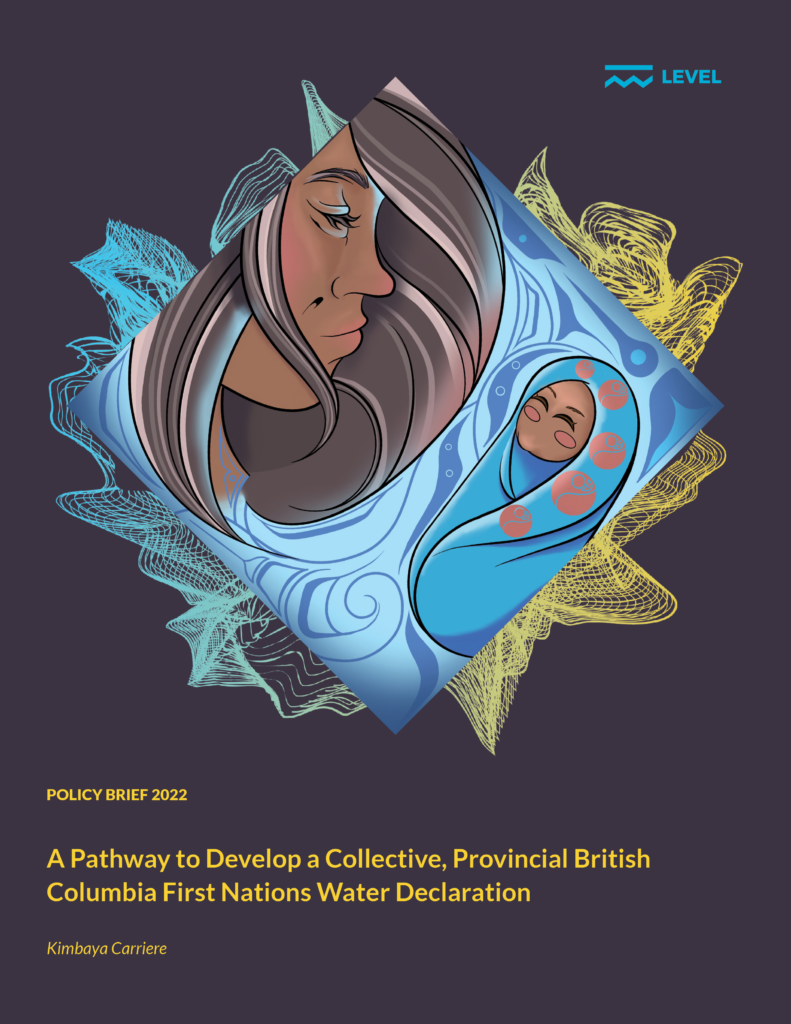Women and Two-Spirit individuals, youth, Elders and Knowledge Holders all hold important duties and responsibilities to water. Each of their voices and stories must be uplifted and empowered in any conversation surrounding water. For Indigenous Peoples, water sustains health, spirituality, and physical well-being. Indigenous Peoples have stewarded watersheds and coastal and marine environments across Turtle Island for millennia. Many BC First Nations have created or revitalized laws protecting streams, lakes, rivers, wetlands, and much more. First Nations in BC have taken care of and managed water for the benefit of present and future generations. They continue to apply Indigenous Knowledge to monitor creek levels and temperature and use traditional fishing and aquaculture techniques like clam gardens, salmon ceremonies, and fish weirs. Indigenous Peoples across Turtle Island and globally are raising their voices to draw attention not only to water issues faced in their communities but also to water issues that affect all Canadians and the world.
Through the hands of colonialism, resource extraction, and capitalism, water in so-called “Canada” continues to be disrespected, misused, and polluted by industrial development, agriculture, and urbanization. On top of it all, colonialism and capitalism are fueling the effects of climate change that Indigenous Peoples, alongside other groups, tend to carry the burden of through environmental racism. We must respect, appreciate and take care of our water to have a wholistic approach to climate change. In so-called “Canada,” water has been managed through a series of federal and provincial laws designed for various economic and environmental purposes. Many argue that there is a conflict between “industry-specific legislation” that grants permission to use water and “environmental legislation” that attempts to minimize damage caused by resource development. It is also often the case that water in First Nations territories is degraded by activities outside or adjacent to communities and traditional lands.
While the BC First Nations Water Rights Strategy (2013) is currently being renewed by the First Nations Leadership Council (FNLC), BC First Nations could benefit from a complementary high-level wholistic collective BC First Nations water declaration that can be adopted and supported by crown provincial and local governments and water allies. A collective BC First Nation Declaration can guide and clarify the sacred responsibility and relationship First Nations have with water to the general public, government, and water allies. BC First Nations must be a key player in leading and developing a wholistic Water Declaration that ties in all the roles and spaces that water plays in their community’s social, cultural, and environmental dimensions.


